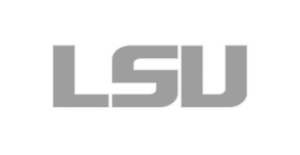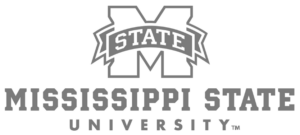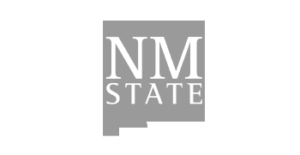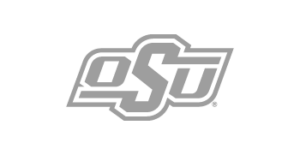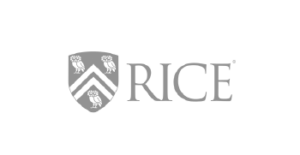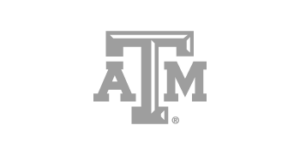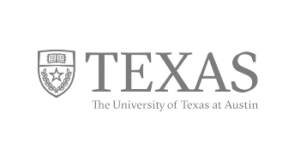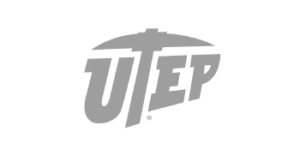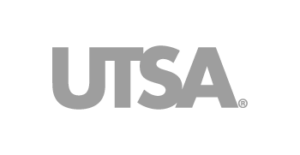In a significant milestone for the University of Texas at Austin, associate professor Dr. Hsin-Chih “Tim” Yeh secured acceptance into the National Science Foundation’s National I-Corps program, heralding a promising journey for the team working to bring Subak to the forefront of molecular sensing assays.
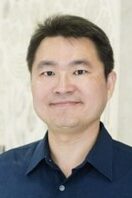
Dr. Tim Yeh, PI and technical lead
Subak—a fluorescent probe developed by the team—introduces a unique color change upon nuclease cleavage, presenting a revolutionary advancement in molecular sensing assays.
Subak’s unique induced emission color change upon fragmentation sets it apart in the realm of fluorescent nanomaterials, and addresses the critical need for fast, cost-effective, and reliable detection methods, and aims to replace expensive FRET probes in RT-qPCR and CRISPR-based assays.
Its applications go beyond DNA detection, supporting ratiometric sensing, indicating promise in detecting strands of SARS-CoV-2—the strain of coronavirus responsible for COVID-19 . With a cost significantly lower than traditional probes, Subak opens doors to affordable and color-changing molecular sensing assays, offering a clear advantage in price and quality within its target market.
Through the team’s engagement in the I-Corps program, they have leveraged their collective experience to support the innovation’s successful commercialization. Dr. Yeh, renowned for his invention of the NanoCluster Beacon (NCB), a silver nanocluster-based probe for DNA detection, plays a pivotal role in advancing the Subak technology. The technology is rooted in research by Soonwoo Hong that aims to create a new class of biosensors utilizing DNA-encoded fluorescent nanomaterials. The team is strengthened by the expertise of Sohyun Kim, a Ph.D. student contributing valuable insights to the collective effort, and Brian Roth, a mentor at the Austin Technology Incubator, who adds over three decades of experience in lab to market efforts, deep-tech entrepreneurship mentorship, and commercialization.
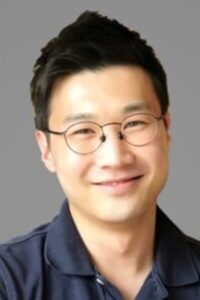
Soonwoo Hong, entrepreneurial lead
The Subak team hopes to gain strategic partnerships with biomedical researchers, analytical instrument suppliers, and diagnostic companies, while leveraging marketing channels like tradeshows, commercial media, sales staffs, and endorsements from thought leaders in infectious disease and disease control during their time in the I-Corps program. This experience will ultimately support commercialization, create economic benefits for diagnostic tool companies, and drive innovation benefitting patients.
Dr. Yeh, expressing his enthusiasm about joining the NSF’s National I-Corps program, stated, “I am thrilled to be part of this program and look forward to the opportunity to bring Subak to the forefront of molecular sensing assays. The potential impact on diagnostics and disease control is truly inspiring.”
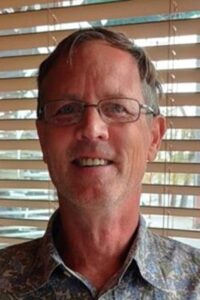
Brian Roth, TEXVMS mentor
The team is actively seeking feedback from diagnostic companies, analytical instrument suppliers, biomedical researchers, and potential partners to further refine and optimize their technology for market. Those interested in contributing to the team’s customer discovery process can reach out to Soonwoo at soonwoohong@utexas.edu.
As the team embarks on this transformative journey, the University of Texas at Austin celebrates their success and anticipates the continued impact of Subak on the world of molecular sensing.
Learn more about the NSF I-Corps program and apply for the next cohort online. The application process is short, simple, and free. Contact Weston Waldo to learn more about the NSF I-Corps program.
